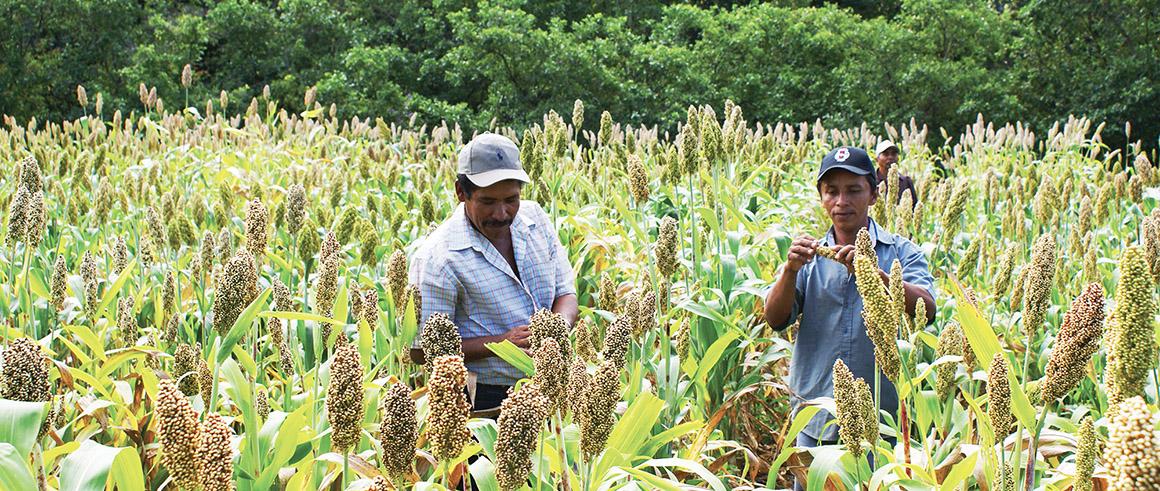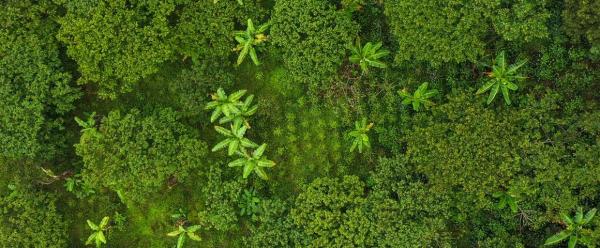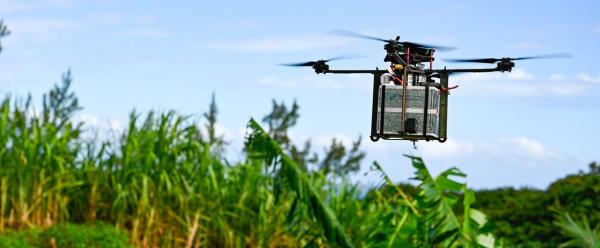Results & impact 10 October 2025
- Home
- Press area
- Press releases
- CIRAD reveals the impacts of ten international projects
CIRAD reveals the impacts of ten international projects

In Nicaragua, almost 60% of the farmers who took part in a food crop participatory breeding programme consider that their food needs are now better met © Gilles Trouche, CIRAD
This new report compiles the lessons learnt from a series of assessments conducted by means of an in-house incentive mechanism centring on financial and methodological support. The aim is to analyse the contribution CIRAD's research makes to transforming farming and food systems and put impact at the heart of its strategy and research practices. "With this report, we are keen to share the lessons learnt, the successes achieved and the challenges that have marked our operations", says CIRAD CEO Élisabeth Claverie de Saint Martin. "The document is an invitation to reflect collectively and constantly strive to improve."
What are the concrete impacts of research worldwide?
From 2002 to 2020 in Nicaragua, CIRAD and its partners conducted a series of participatory breeding projects for beans, maize and sorghum, the staple food crops. What was innovative about its work? It integrated the knowledge and know-how of the various stakeholders at every stage of breeding operations. Impact assessments bear witness to the impacts on the living conditions of the farming families involved. Farmers are continuing to use the varieties bred, and 60 % of them feel that the programme has helped to satisfy their food needs more effectively. The farmers' skills also have greater recognition within their community, as do those of agricultural research and education organizations on the part of the public authorities.
Another example is Tunisia, which has seen profound political and institutional reforms since the 2011 revolution. CIRAD has provided its skills in engineering consultation, planning, management and monitoring-assessment operations to the PACTE project, which is working towards the sustainable development of vulnerable rural areas. The change assessment conducted documents an improvement in knowledge and skills, and growing interest in territory-based, participatory and inclusive approaches, notably among the partners most heavily involved in the programme. The work done has also significantly boosted consultation, conflict management, communication and facilitation capacity among regional and national players.
The assessment studies presented in the report illustrate the range of operations, in a dynamic perspective, and the many facets of their impacts: improved agricultural yields, greater food security, biodiversity preservation, and greater autonomy for local communities.
In all, ten research projects involving CIRAD, in Nicaragua, the West Indies, Senegal, Brazil, Kenya, Réunion, the Amazon, Nigeria and Tunisia, were assessed. As CIRAD's CEO puts it "Every pathway is unique, but they share an ambition: to contribute to a fairer world, in which scientific knowledge will be combined with the diversity of know-how to tackle the main global issues".
The assessments presented in the report rest on two methods. The first (six case studies), ImpresS ex post, is an impact assessment method that studies innovation processes lasting more than ten years. The second, outcome harvesting, assesses changes at the midway point or end of projects lasting less than five years. The new results confirmed the lessons learnt from previous assessments, notably the importance of co-construction and long-term operations, and revealed a further two: the importance of fostering collaboration between research and the entire range of stakeholders in innovation systems; and the necessity of adapting the role of research to the changing needs of stakeholders across time.
Reference
De Romémont A., Proietti C. (coord.), 2024. 2020–2024 Evaluation Report. Montpellier, DIMS/ImpresS team, CIRAD, 33 pp. https://doi.org/10.19182/agritrop/00230
The 2020-2024 Evaluation Report fits into the drive to build an institutional culture of impact launched by CIRAD in 2010. As CIRAD Deputy Director General in charge of Research and Strategy and ImpresS team coordinator Sélim Louafi observes, "It is vital to develop a culture of impact, since it fosters a better understanding of the specific contributions of each research operation or technological innovation. It also helps to build dialogue and learning between various players and to strengthen collaboration strategies aimed at finding solutions that lead to more significant change". The ImpresS team is developing and strengthening that culture at CIRAD, and has conducted scientific and methodological work to supplement and adapt assessment methods to benefit research teams, and to document the development of a culture of impact within the organization.
Reference
Ferre Marie, Blundo Canto Genowefa, Rodrigues Geraldo Stachetti, Ramírez-Gómez María-Margarita, Vedovoto Graciela Luzia, Agudelo-Chocontá Beatriz-Elena, Vieira Marques Daniela, Valladão Flores Roberto Manolio, Rodríguez-Borray Gonzalo-Alfredo, De Souza Mirian Oliveira, Goulet Frédéric, Vásquez-Urriago Ángela-Rocío, Sanchez-Lozano Juliana-Ivonne, Maciel Pinto Daniela, Zambrano-Moreno Gregorio-Salomon, Londoño Arias María Aidé, Zapata-Tamayo Cristobal-Alfonso, De Romemont Aurelle. 2025. Culture of impact in agricultural research organisations: What for and how? Research Policy, 54 (1):105140, 19 p



























